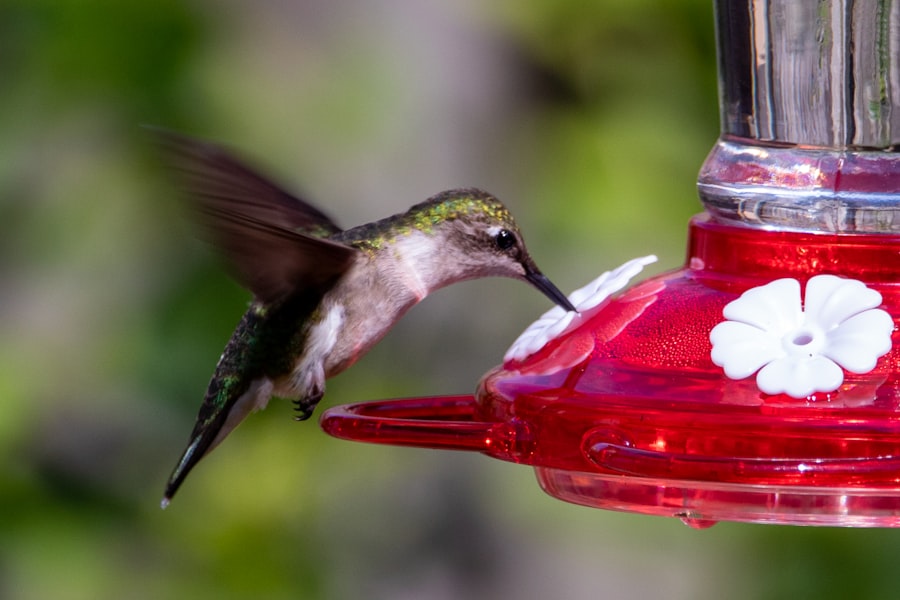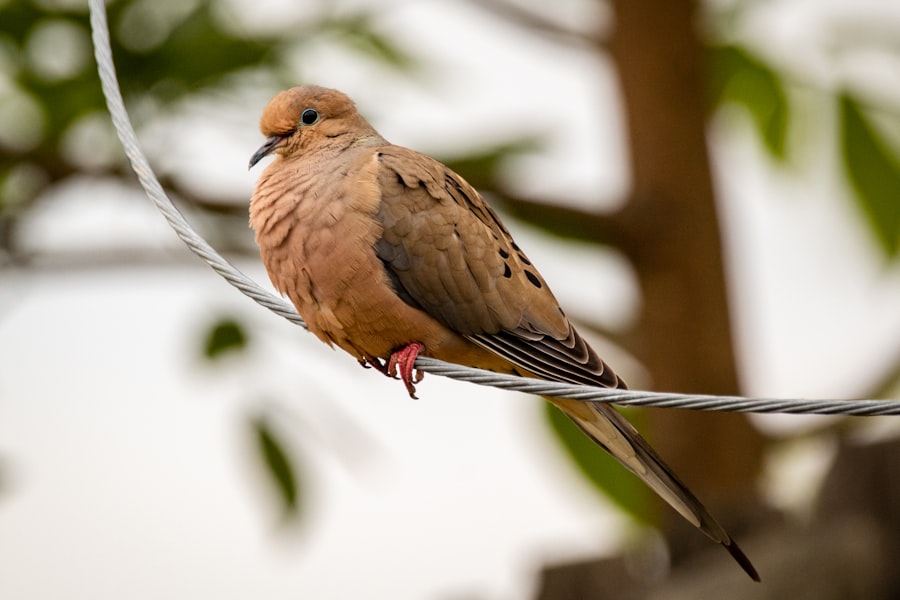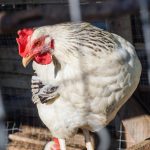Keeping chickens can be a fulfilling hobby for individuals in both rural and urban environments. Before starting, it is essential to understand the fundamental requirements of chicken care. Adequate space is crucial, including a coop and run to protect chickens from predators and provide room for foraging.
Daily care responsibilities involve feeding, watering, and maintaining cleanliness. Chickens need shelter from weather conditions, necessitating a protected area within the coop for roosting and egg-laying. It is important to research local regulations and zoning laws, as some areas restrict chicken-keeping.
After addressing these considerations, prospective chicken owners can explore breed options and plan the setup of their chickens’ living space.
Table of Contents
- 1 Choosing the Right Breed
- 2 Setting Up a Coop and Run
- 3 Feeding and Watering
- 4 Health and Hygiene
- 5 Daily Care and Maintenance
- 6 Dealing with Challenges and Problems
- 7 FAQs
- 7.1 What are the basic requirements for keeping chickens?
- 7.2 How much time and effort is required to care for chickens?
- 7.3 Are there any legal restrictions or regulations for keeping chickens?
- 7.4 What are the common health issues that chickens may face?
- 7.5 What are the benefits of keeping chickens?
Key Takeaways
- Keeping chickens requires basic knowledge of their needs and behaviors
- Choosing the right breed is important for egg production, temperament, and climate adaptability
- Setting up a coop and run involves providing adequate space, shelter, and protection from predators
- Feeding and watering chickens requires a balanced diet and access to clean water at all times
- Maintaining the health and hygiene of chickens is crucial for preventing diseases and ensuring their well-being
Choosing the Right Breed
Egg-Laying Breeds
If you’re primarily interested in egg production, you might consider breeds such as the Rhode Island Red, Leghorn, or Australorp. These breeds are known for their high egg production and are relatively low-maintenance.
Meat Production Breeds
On the other hand, if you’re interested in raising chickens for meat, you might consider breeds such as the Cornish Cross or the Freedom Ranger. These breeds are known for their fast growth and high meat yield.
Ornamental Breeds and Climate Considerations
If you’re looking for ornamental chickens with unique colors and feather patterns, breeds such as the Silkie or Polish chickens might be more suitable for you. It’s also important to consider the climate and environment in which you live, as some breeds are better suited to cold weather while others thrive in warmer climates.
By taking these factors into consideration, you can choose the right breed of chickens that will thrive in your backyard.
Setting Up a Coop and Run

Setting up a coop and run for your chickens is an essential part of keeping them safe, healthy, and happy. The coop is where your chickens will roost at night and lay their eggs, while the run is where they will spend their days foraging and exercising. When setting up a coop, it’s important to provide enough space for each chicken to roost comfortably and lay eggs.
The coop should also be well-ventilated and protected from drafts to keep your chickens warm in the winter and cool in the summer. In addition to the coop, you’ll need to set up a run where your chickens can roam freely during the day. The run should be enclosed with wire mesh to protect your chickens from predators such as foxes, raccoons, and birds of prey.
It’s also important to provide some shade and shelter within the run, as well as areas for dust bathing and foraging. When setting up the coop and run, it’s important to consider the layout of your backyard and the natural behavior of chickens. By providing them with a safe and comfortable living space, you can ensure that your chickens will be healthy and happy.
Feeding and Watering
Feeding and watering your chickens is an essential part of their daily care and maintenance. Chickens require a balanced diet that includes a combination of grains, protein, vitamins, and minerals to keep them healthy and productive. A good quality commercial feed is a convenient option that provides all the essential nutrients your chickens need.
You can also supplement their diet with kitchen scraps, fruits, vegetables, and even insects for added variety and nutrition. In addition to feeding, it’s important to provide your chickens with access to clean and fresh water at all times. Chickens can drink a surprising amount of water each day, especially during hot weather or when they are laying eggs.
Make sure to regularly clean and refill their water containers to prevent contamination and keep your chickens hydrated. It’s also important to consider the placement of their feeders and waterers within the coop and run to prevent spillage and waste. By providing your chickens with a balanced diet and access to clean water, you can ensure that they will be healthy and productive.
Health and Hygiene
Maintaining the health and hygiene of your chickens is crucial for preventing diseases and ensuring their overall well-being. Regularly cleaning their coop and run is essential for preventing the buildup of droppings, bacteria, and parasites that can harm your chickens. You should also regularly inspect your chickens for signs of illness or injury, such as lethargy, abnormal droppings, or changes in behavior.
In addition to regular cleaning and inspection, it’s important to provide your chickens with regular access to dust baths to help them keep their feathers clean and free from mites and lice. You can create a dust bath area in their run by providing them with a shallow container filled with sand or diatomaceous earth. This will allow your chickens to naturally maintain their hygiene by dust bathing.
It’s also important to practice good biosecurity measures by quarantining new birds before introducing them to your existing flock, as well as preventing wild birds from coming into contact with your chickens. By maintaining good hygiene practices and monitoring the health of your flock, you can help prevent diseases and ensure that your chickens will lead long and healthy lives.
Daily Care and Maintenance

Daily Tasks
Each day, you’ll need to check on your chickens to ensure they have enough food and water, as well as clean up any droppings or spilled feed in their coop and run. You’ll also need to collect any eggs that have been laid and inspect them for quality.
Monitoring Health and Behavior
In addition to these daily tasks, it’s important to spend time observing your chickens’ behavior and health to identify any potential issues early on. This can include monitoring their eating habits, vocalizations, and interactions with other flock members. Regularly interacting with your chickens can also help build trust and socialize them with humans.
Maintenance and Upkeep
It’s also important to regularly maintain their living space by cleaning their coop and run, replacing bedding material, and repairing any damage or wear and tear. By staying on top of these daily care tasks, you can ensure that your chickens will be healthy, happy, and productive members of your backyard flock.
Dealing with Challenges and Problems
Keeping chickens comes with its fair share of challenges and problems that may arise from time to time. Predators such as foxes, raccoons, and birds of prey can pose a threat to your flock, so it’s important to secure their coop and run with sturdy fencing and wire mesh. You may also need to consider installing motion-activated lights or alarms to deter predators from approaching.
Another common challenge is dealing with health issues such as parasites, respiratory infections, or egg-laying problems. It’s important to regularly monitor the health of your flock and seek veterinary care if necessary. Providing a balanced diet, clean living conditions, and regular access to dust baths can help prevent many health issues from occurring.
Additionally, conflicts within the flock can arise due to pecking order disputes or territorial behavior. Providing enough space within the coop and run, as well as offering distractions such as perches or toys, can help reduce stress and aggression among flock members. By being proactive in addressing these challenges and problems, you can ensure that your chickens will lead happy and healthy lives in your backyard flock.
If you’re considering keeping chickens, you may also be interested in learning about the best type of coop for your feathered friends. Poultry Wizard has a helpful article on what kind of coop is best for chickens, which provides valuable information on the different types of coops available and what to consider when choosing the right one for your chickens.
FAQs
What are the basic requirements for keeping chickens?
To keep chickens, you will need a suitable coop or housing, access to fresh water, proper nutrition in the form of chicken feed, and a safe outdoor space for them to roam and forage.
How much time and effort is required to care for chickens?
Caring for chickens requires daily attention, including feeding, watering, and collecting eggs. Additionally, regular cleaning of the coop and monitoring for signs of illness or injury is necessary.
Are there any legal restrictions or regulations for keeping chickens?
Many urban and suburban areas have specific regulations regarding the keeping of chickens, including limits on the number of birds allowed and restrictions on coop placement. It is important to check local ordinances before starting a chicken-keeping venture.
What are the common health issues that chickens may face?
Chickens can be susceptible to various health issues, including parasites, respiratory infections, and injuries. It is important to be familiar with common chicken health problems and to have a plan for addressing them.
What are the benefits of keeping chickens?
Keeping chickens can provide a sustainable source of fresh eggs, natural pest control in the garden, and the opportunity to connect with nature and learn about animal husbandry. Additionally, chickens can be enjoyable and entertaining pets.
Meet Walter, the feathered-friend fanatic of Florida! Nestled in the sunshine state, Walter struts through life with his feathered companions, clucking his way to happiness. With a coop that’s fancier than a five-star hotel, he’s the Don Juan of the chicken world. When he’s not teaching his hens to do the cha-cha, you’ll find him in a heated debate with his prized rooster, Sir Clucks-a-Lot. Walter’s poultry passion is no yolk; he’s the sunny-side-up guy you never knew you needed in your flock of friends!







